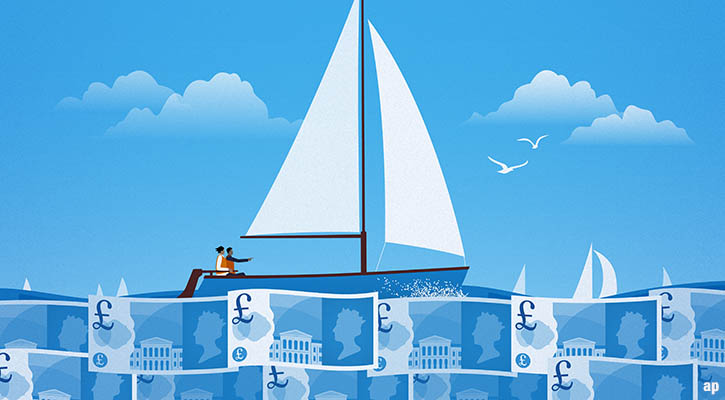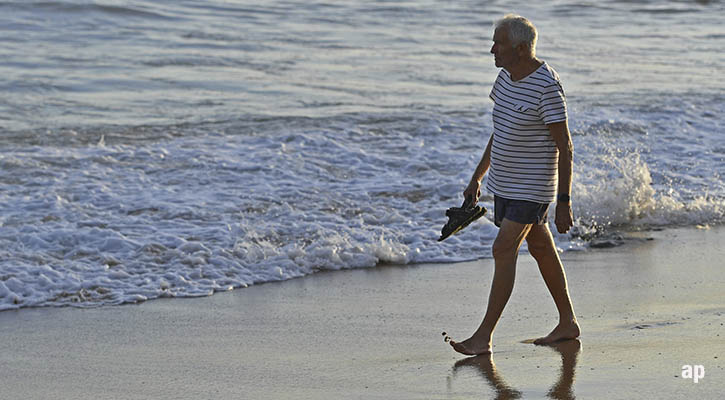
The triple lock has been a popular topic in the recent weeks due to the Government announcement that it will have one less lock over the course of the next year. But what any of this means for you as an investor is not easy to figure out.
Triple Lock Pensions
When measured against pension systems in the rest of Europe, the UK often falls short. It recently reached 25th place of 33 in an analysis from Blacktower Financial Management (Finland took the crown). And, in 2018, the OECD ranked the UK state pension the worst in the developed world. This highlights the importance of saving for retirement through an occupational or private vehicle as well, to enable a comfortable retirement. We have also written a guide to how the UK pension system works.
To ensure that everyone gets a minimum amount for retirement, the state pension is increased annually, and this is where the triple lock comes in. By definition, it is the method used to decide how much the pension will rise. And, as the name suggests, this is decided by the highest number of the following three options: inflation, the average wage increase, or 2.5%. The minimum annual increase is therefore 2.5%, but if inflation or the wage increase is higher, then that is the determining number.
However, coronavirus has led to a significant wage increase as people are returning from furlough, reaching record highs. While on the other hand, the UK government has raked up a considerable amount of debt. As a result, it was announced this month that alongside some tax hikes, the triple lock is suspended and will become a double lock for the next year, 2022-2023. The state pension will therefore follow either the inflation rate or 2.5%.
Impact on Investors
What does the suspension mean for investors? It will of course be a disappointment to pensioners – this month’s earnings data, which would have determined the increase, turned out to be 8.3%. But people still in employment are dealt a weaker hand, having to make up for both the increased pensions and debt.
Helen Morrissey, senior pension and retirement analyst at Hargreaves Lansdown, says the triple lock has been important to ensuring the income of pensioners in the past decade, but that the post-Covid situation has exposed flaws in the system: “While the suspension is only for a year, the time has come to look at whether the triple lock is fit for purpose and remains the best way to preserve the long-term value of the state pension.”
Boost for Salary Sacrifice
If the triple lock was still in place, people on the basic rate state pension would have had their payment increased from £137.60 per week to £149.00. If on the new state pension, this would be an increase from £179.60 per week to £194.50. As this won’t be the case, Tom Selby, head of retirement policy at AJ Bell, says the introduction of the Health and Social Care Levy should make pensions salary sacrifice more attractive.
“Savers will be incentivised to boost salary sacrifice contributions in order to reduce their overall tax bill, while also boosting their retirement pot and benefitting from tax-free investment growth in the process,” he says. “The increase in dividend tax means people investing outside tax sheltered wrappers like pensions and ISAs should review their portfolios to make sure they are making as much used as possible of their annual contribution allowances to keep their tax bills as low as possible.”




























